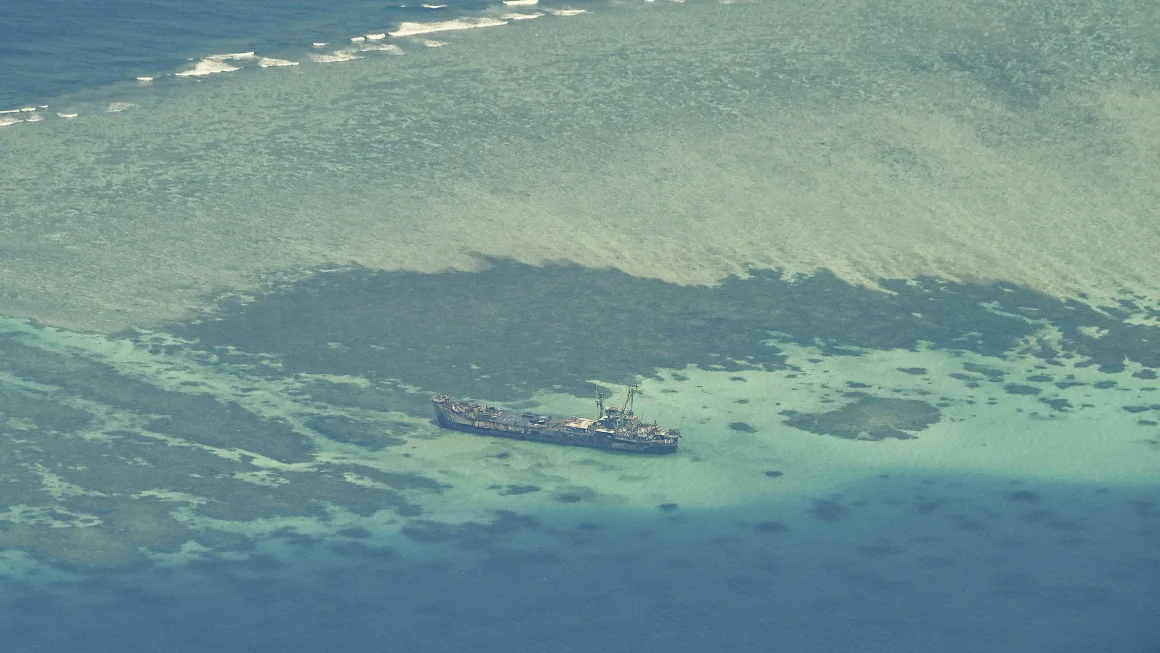Ghulam Ali, Deputy Director, Hong Kong Research Center for Asian Studies
Nov 08, 2024
Improved bilateral relations will empower the organization, strengthen South-South cooperation and promote multipolarity in international relations. It will also enhance the status of BRICS as a platform to address sensitive issues through diplomacy.

Brian Wong, Assistant Professor in Philosophy and Fellow at Centre on Contemporary China and the World, HKU and Rhodes Scholar
Oct 30, 2024
The recent meeting between Chinese President Xi Jinping and Indian Prime Minister Narendra Modi at the BRICS summit highlights a crucial shift toward economic growth and rebuilding their relationship amid ongoing competition and territorial disputes. Ultimately, it’s imperative the two countries find ways to bolster trust, facilitate communication, and identify common ground moving forward.
He Wenping, Senior Research Fellow, Charhar Institute and West Asia and Africa Studies Institute of the China Academy of Social Sciences
Oct 25, 2024
Such a conflict would not align with American interests, as there would be no assurance of success and it would be ethically unjustified. War between Israel and Iran could spiral into an uncontrollable and devastating Armageddon in the Middle East.
Sajjad Ashraf, Former Adjunct Professor, National University of Singapore
Oct 25, 2024
The withdrawal of the Philippine coast guard cutter BRP Teresa Magbanua from Sabina Shoal highlights rising tensions in the South China Sea, where China and the Philippines assert conflicting territorial claims. While it opens the door for potential diplomacy, the incident also underscores the Philippines' growing alignment with the U.S. amid concerns of becoming collateral damage in broader geopolitical rivalries.
Richard Javad Heydarian, Professorial Chairholder in Geopolitics, Polytechnic University of the Philippines
Oct 18, 2024
The Philippines continues to be a magnet for tension in the Indo-Pacific due to its advantageous maritime geography and close relationship to the United States. Could this lead to a Cuban missile crisis for the 21st Century?
Li Yan, Director of President's Office, China Institutes of Contemporary International Relations
Oct 08, 2024
The institutionalized quadrilateral dialogue is now a leading alliance network of the U.S., alongside its bilateral alliances in the Asia Pacific. But there are differences within the Quad that are larger with regard to global hot spots such as the Ukraine crisis and the Palestinian-Israeli conflict.
Brian Wong, Assistant Professor in Philosophy and Fellow at Centre on Contemporary China and the World, HKU and Rhodes Scholar
Sep 30, 2024
While China is well-positioned to mediate peace in Myanmar due to its economic and strategic interests, its current approach of maintaining relations with all sides in the conflict has not been sufficient to drive meaningful progress. Lasting peace will require China to take a firmer stance, promote constructive dialogue, and collaborate with regional partners to address the humanitarian crisis and political instability.

Sebastian Contin Trillo-Figueroa, Geopolitics Analyst in EU-Asia Relations and AsiaGlobal Fellow, The University of Hong Kong
Sep 27, 2024
The Philippines sits at the crossroads of the Pacific and Southeast Asia, navigating its historical ties to the U.S. and proximity to China with extreme care and diplomatic acumen. As China seeks to grow its power this decade, the Philippines will surely play a major role in how things unfold.
Doug Bandow, Senior Fellow, Cato Institute
Sep 13, 2024
The pursuit of absolute security by individual nations, especially major powers like the U.S., risks destabilizing global peace as competing demands for dominance in areas like technology and economics grow. Smaller nations, particularly in the Global South, often find themselves caught in the struggle, with multilateral cooperation and inclusive dialogue essential to reducing the tensions that this competition creates.
Han Liqun, Researcher, China Institutes of Contemporary International Relations
Sep 13, 2024
A number of political, social and economic factors tend to put the brakes on the urge to widen a war or escalate a conflict. So far, the world has been lucky with respect to the Russia-Ukraine war, the Israeli-Palestinian conflict and the provocative assassination of a Hamas leader. The dog didn’t bark in the night — at least not yet.